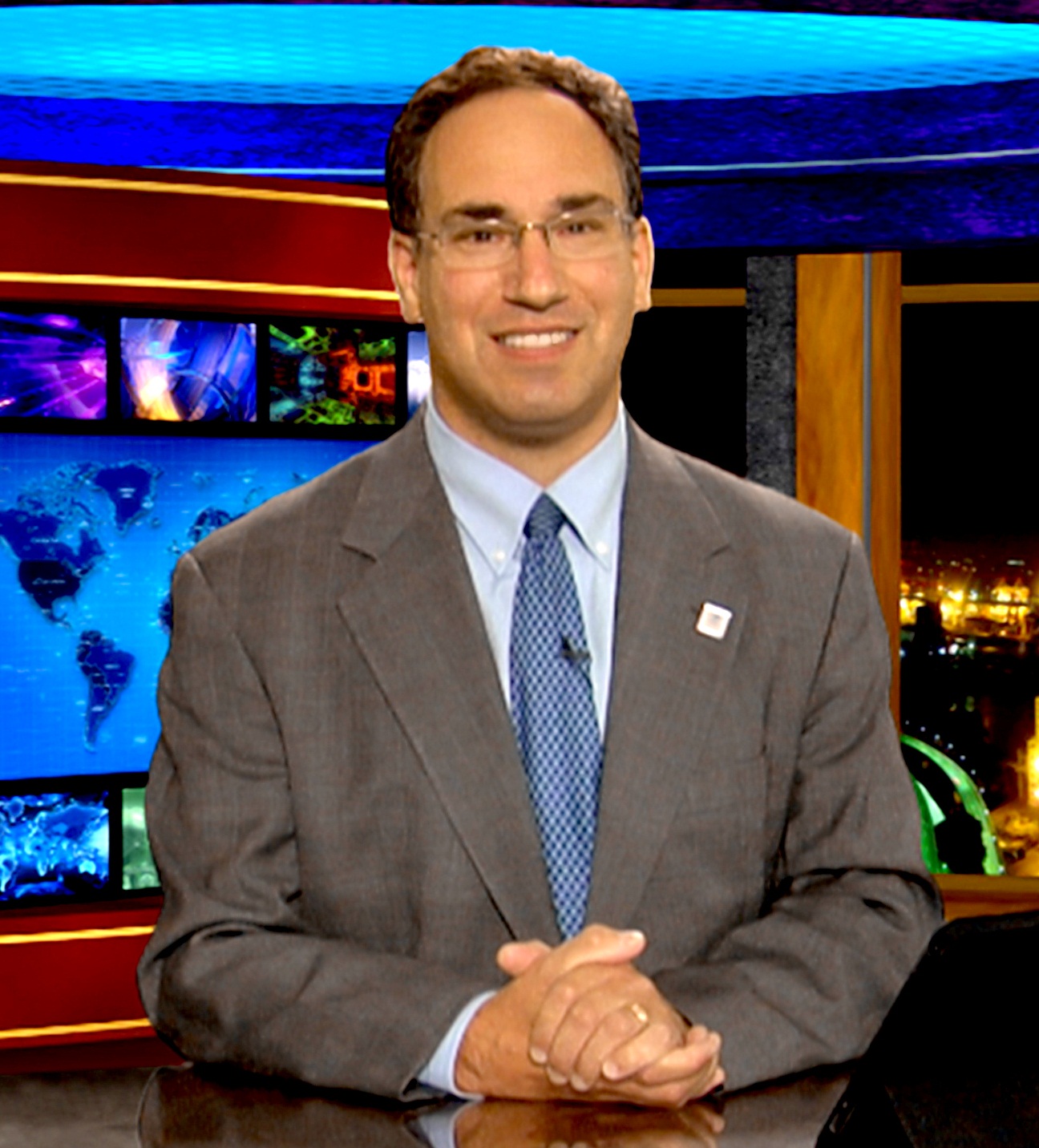The Forces Encouraging Sustainability as a Business Model
Globalization
One hundred years after the first powered flight, the oceans are no longer impenetrable barriers that keep people, ideas and information apart.
Today people travel more than ever before, and corporations often outsource products and send workers to new locales. This leads to exposure of both companies and individuals to differing practices and societal norms. This invites natural comparisons, with the accompanying pressure for a company to match benefits to the individual and the community that are perceived as beneficial. Companies that wish to relocate employees may find that those employees insist on negotiating for a combination of the “best” benefits from both their “home country” and the “host country.” This in turn exposes workers in the host country to the new practices and may put pressure on that office to increase their offering to its local employees. Knowledge of and insistence upon these ‘best of both worlds’ packages puts pressure on the company and indeed business in general that results in increased salaries, but also superior benefits such as vacation time, pensions and profit sharing, health insurance and maternity leave. Sometimes by their very existence in a community a company redefines the local expectations as well – such as by making products that the indigenous population may covet for themselves.
Information technology
Information is now shared at the speed of a mouse-click. News no longer waits for the morning edition of the paper or the 11 PM broadcast. This has fueled an ever-increasing appetite and a growing market for news – as producers, editors, reporters and writers scramble to fill the increased demand for information created by a 24-hour news cycle. It is important to note that with few exceptions (such as entertainment and show business reporting) nobody ever achieved ratings by filling a serious newscast with “good” or “soft” news.
An obvious example of the power of the Internet to provide swift information around the world is the September 11, 2001 terrorist attacks on New York and Washington, DC. Within 15 minutes of the first plane striking the north tower of the World Trade Center, Web traffic was up by 400 percent at VG Nett. Within an hour, the Internet was literally grinding to a halt, as millions upon millions of people tried to get to the news servers of Sky, BBC, CNN and other large news providers. This demonstrates how the Internet works in tandem with traditional media: The public may find out about an item of news through another medium (radio, TV or even word-of-mouth), and then logs on to the Internet to get the full picture of the situation.
Click here to continue reading and comment
To read more posts from this series, click here.
John Friedman, an award-winning communications professional and recognized sustainability expert with more than 20 years of experience, is co-founder and vice chair of the board for the Sustainable Business Network of Washington (SBNOW).
Friedman has served as both an external and internal sustainability leader, helping companies, ranging from small companies to leading global enterprises, turn their values into successful business models by integrating their environmental, social, and economic aspirations into their cultures and business practices.
His insights on sustainability issues and strategy are a regular feature on Huffington Post.
Friedman authored the e-publication The New PR which outlines how companies must modify the way they communicate to meet stakeholders' changing expectations through five proven keys for developing programs that replace "spin" with transparency and unlock the full potential of a sustainability program to build reputational capital. Friedman is currently working on a new book Your Backyard Is My Front Yard.
He can be reached at [email protected], is @JohnFriedman on Twitter and can be connected on LinkedIn and Facebook.

